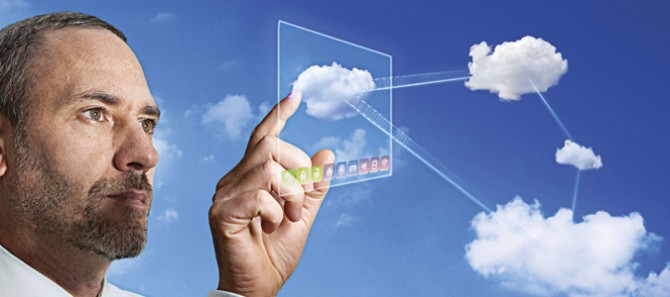LinkedIn Predicts the Death of the Office PC, Envisions a Mobile Future
Sign up to receive The Snapshot, a free special dispatch from Laptop Mag, in your inbox.
You are now subscribed
Your newsletter sign-up was successful
What do Rolodexes and raptors have in common? Not much yet, but according to LinkedIn, the iconic contact manager could be on the brink of Dodo-esque extinction -- and it's joined by the desktop PC and other seminal office staples that might not be staples for much longer.
The social network surveyed over 7,000 professionals and asked them which traditional office items and trends will be persona non grata by 2017. Some of it seems like wishful thinking -- could traditional working hours, dress codes and corner offices really be gone in just five years? -- but it's an intriguing list nonetheless.
Here it is in its unadulterated glory, complete with the corresponding percentage of respondents that predicted each technology's demise:
- Tape recorders (79 percent)
- Fax machines (71 percent)
- The Rolodex (58 percent)
- Standard working hours (57 percent)
- Desk phones (35 percent)
- Desktop computers (34 percent)
- Formal business attire like suits, ties, pantyhose, etc. (27 percent)
- The corner office for managers/executives (21 percent)
- Cubicles (19 percent)
- USB thumb drives (17 percent)
Rounding out the top 18 were items like office doors, copiers, resumes and business cards. Also on the list: coffee machines, with 5 percent of respondents predicting its death. Don't hold your breath for that one.
LinkedIn also asked which new trends and items will spring up to take the place of the fallen. Somewhat unsurprisingly, mobile technology such as smartphones, tablets, cloud storage, telecommuting and web-based documents topped the list, though "Flexible working hours" made a strong showing as well.
What can we take away from the LinkedIn survey? The global workforce increasingly wants to do away with 20th century relics and move towards a future that lets people work when they want, from wherever they want, using a mix of mobile technology and the cloud.
Speaking of which, the push for a chains-free workplace may come from a disdain for water cooler conversations; around a fifth of respondents said they wanted a mute button for their co-workers, "so you don't have to hear them talk." Take what you want from that.
Sign up to receive The Snapshot, a free special dispatch from Laptop Mag, in your inbox.

